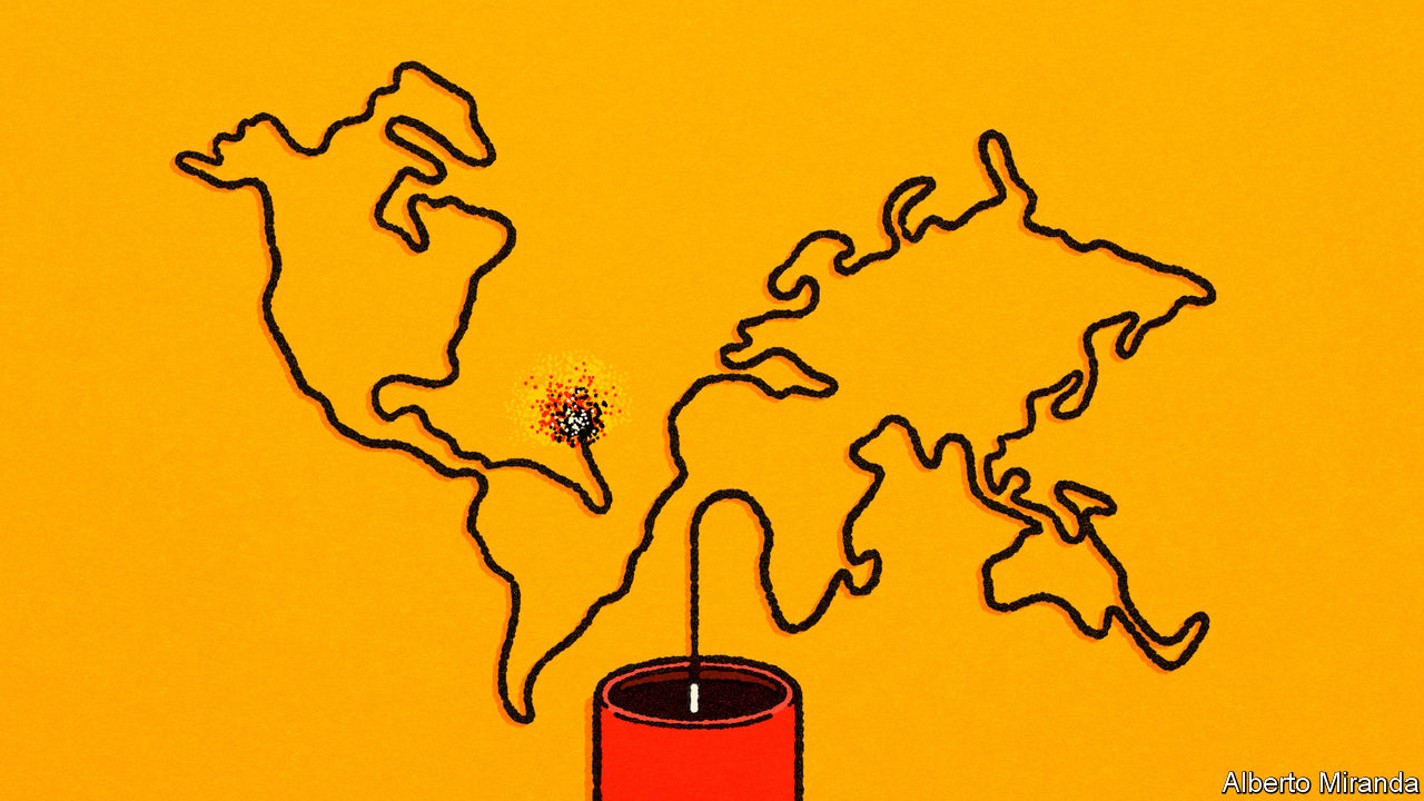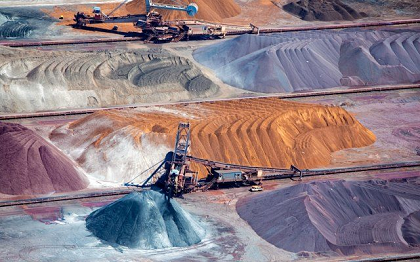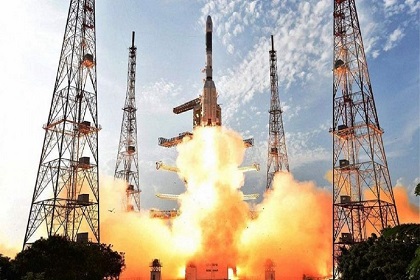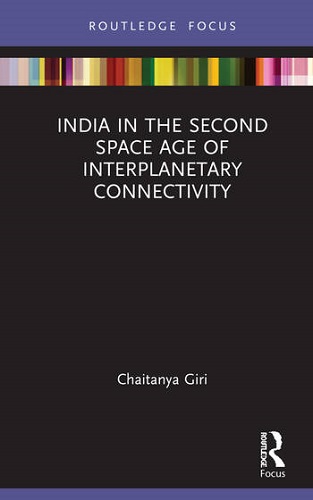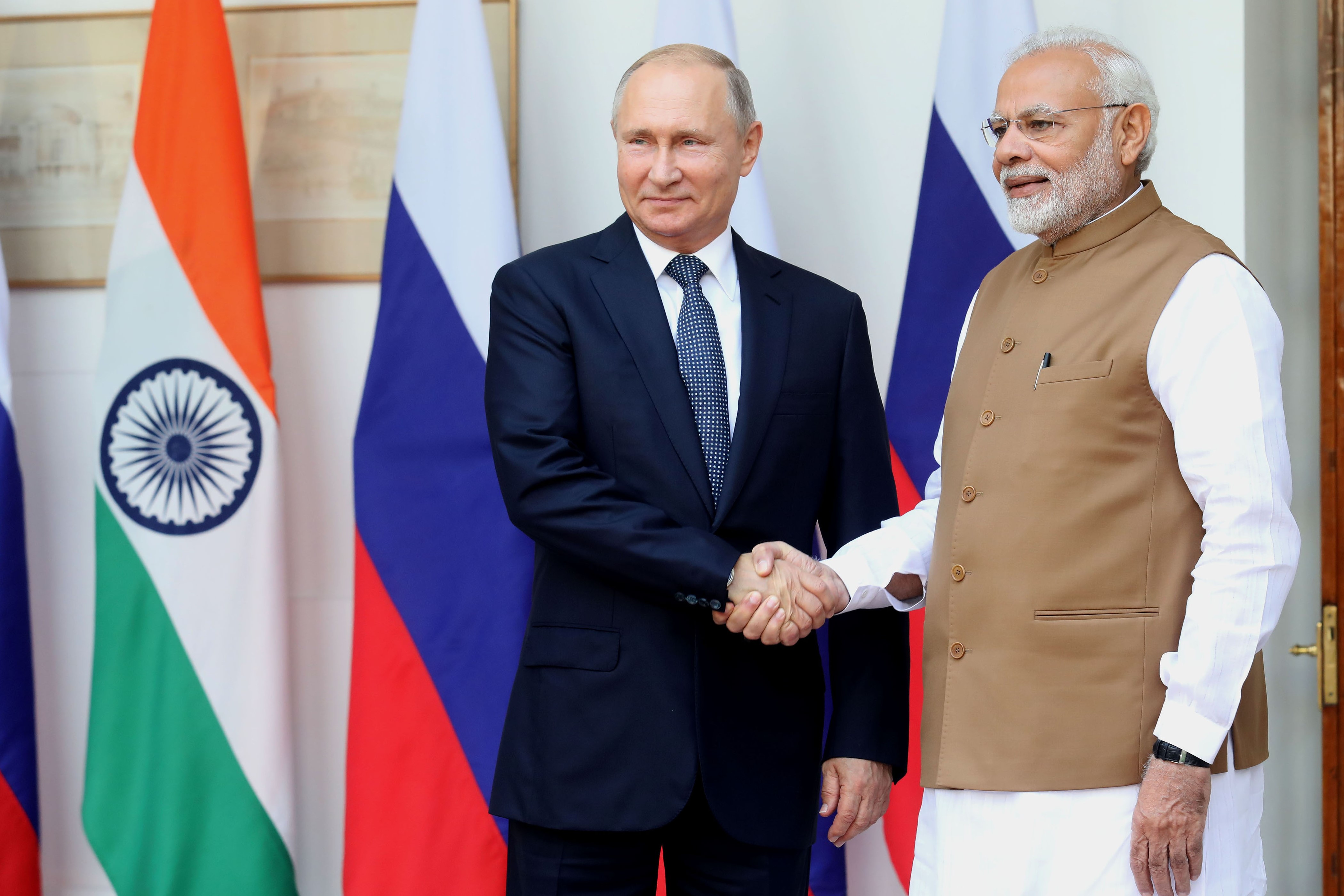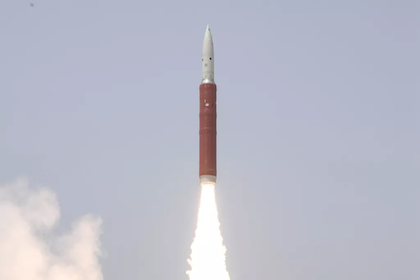Reading the tea leaves for 2024
After a year affected by a sustained polycrisis, global geopolitics in 2024 remains a delicate dance between hope and realism. Ongoing conflicts in Ukraine and Gaza cast uncertain shadows, while Taiwan and the South China Sea present potential flashpoints. Indian diplomacy will have to navigate old and new challenges, while promoting India’s expertise in digital technology, as also managing its own upcoming parliamentary elections.

